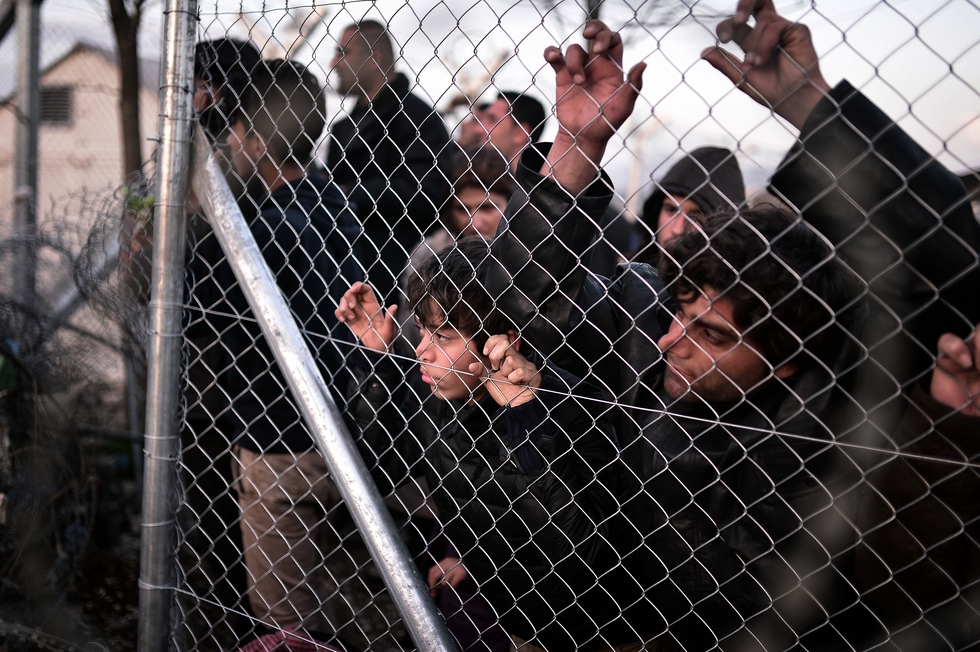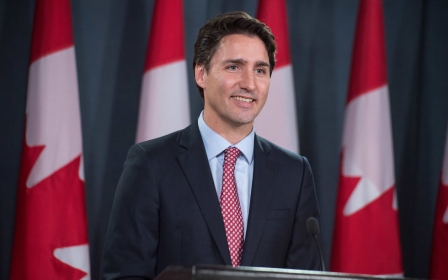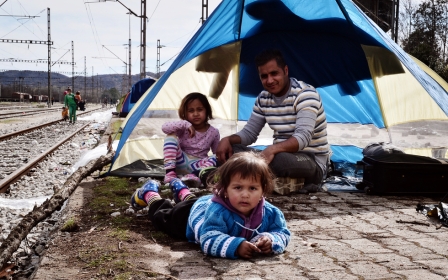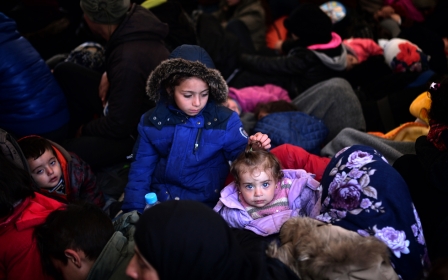Turkey will not take back refugees already in Greece under EU deal

Turkey has said it will not take back migrants already on Greek islands as part of the deal proposed to European Union leaders at a summit this week.
Ankara's EU affairs minister Volkan Bozkir said on Thursday that the refugees returned to Turkey would "not include the existing refugees on the Greek islands," AFP reported.
Under the EU deal, agreed in Brussels on Tuesday, for every refugee sent back to Turkey, a Syrian already living in the country would be resettled by the EU.
Turkey on Thursday re-affirmed that the deal only applied to newly arrived migrants, and would not include those already on the Greek islands.
Bozkir, quoted by the Anatolia news agency, also sought to dampen expectations over the numbers of people Turkey was willing to resettle, saying they would take back "tens of thousands, not hundreds of thousands or millions".
He emphasised that countries would not be able to "cherry pick" the refugees they wanted, such as doctors and engineers, because the UN refugee agency would be overseeing the process.
“We believe this to be a historic step, a gift to our nation. We will make this happen with or without the opposition’s support,” he added.
'Breakthrough' deal
It comes as the Dogan news agency reported that five more people, including a baby, had drowned as they tried to sail from Turkey to Greece.
Turkey has become a major route for refugees fleeing the war in Syria and trying to make it to mainland Europe.
In return for agreeing to take back people making it to Greece, the EU promised Turkey €6bn in aid for Syrian war refugees and an acceleration of Ankara's EU membership talks.
German Chancellor Angela Merkel on Tuesday described the one-in-one-out deal as a “breakthrough” that could deter people from attempting the perilous journey in the first place.
EU leaders will aim to seal the deal with Turkey formally at another summit on 17-18 March.
About 850,000 people landed in Greece from Turkey last year, with 130,000 making the trip since 1 January.
Middle East Eye propose une couverture et une analyse indépendantes et incomparables du Moyen-Orient, de l’Afrique du Nord et d’autres régions du monde. Pour en savoir plus sur la reprise de ce contenu et les frais qui s’appliquent, veuillez remplir ce formulaire [en anglais]. Pour en savoir plus sur MEE, cliquez ici [en anglais].




